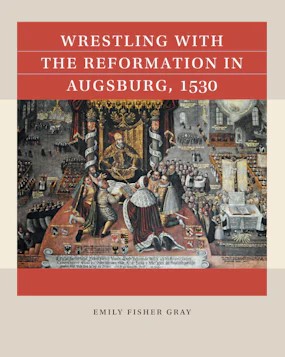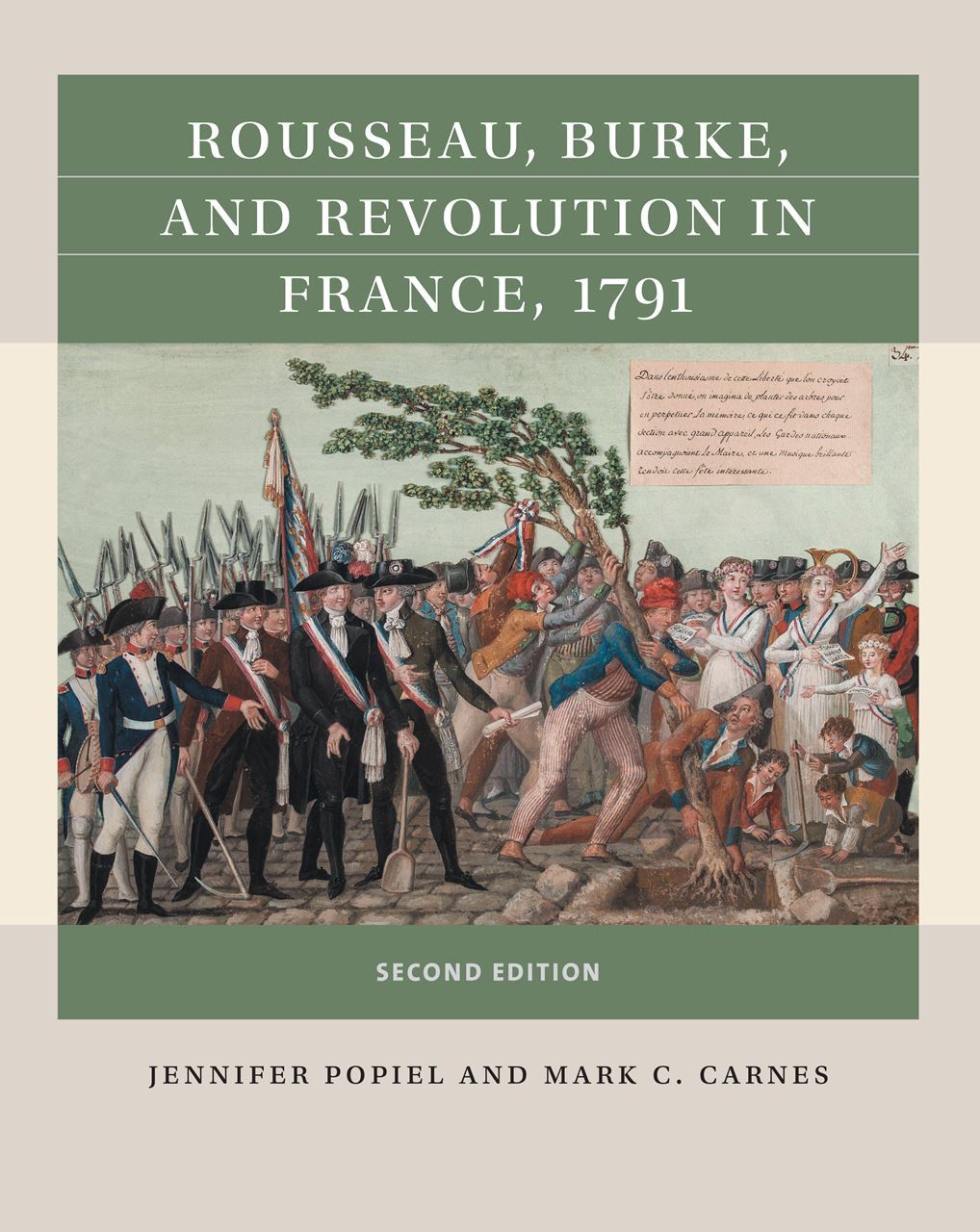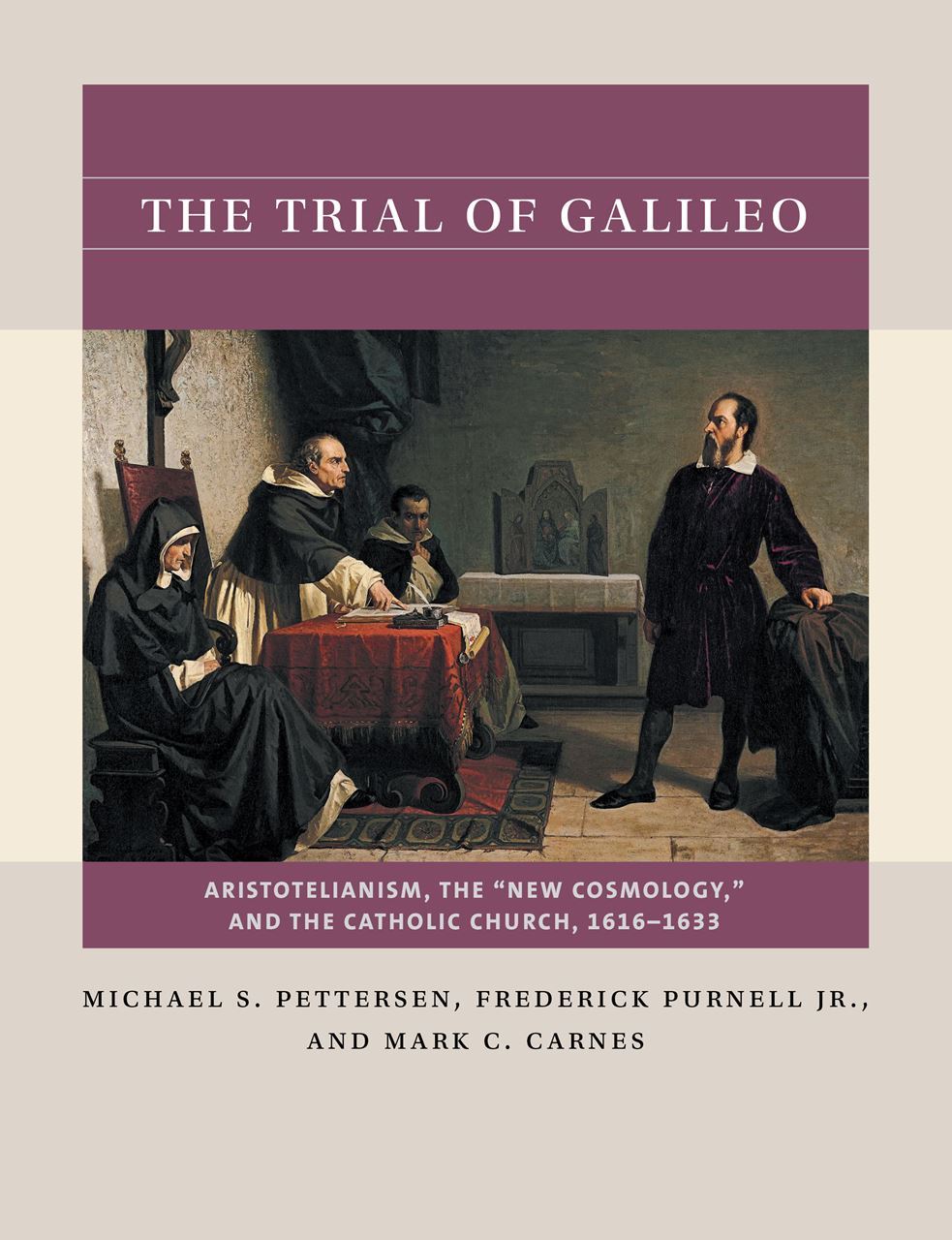 |
AUGSBURG, 1530
Wrestling with the Reformation: Augsburg, 1530
by Emily Fisher Gray
Play this game recently? |
As a member of the City Council of Augsburg in 1530, you will have to balance the competing demands of the citizens and the Emperor, while considering the implications of various Reformed positions for the city’s military defense, economic growth, and spiritual purity. Should you adopt the Augsburg Confession, a statement of principles presented during the 1530 Augsburg Reichstag by Martin Luther’s colleagues from Wittenberg? Or join the four “Tetrapolitan” cities that offered an alternate vision of reform influenced by Ulrich Zwingli? Or perhaps you should you support the Confutatio Pontificia, the strong rebuttal to the Augsburg Confession written by representatives of the Pope in Rome and endorsed by the Emperor? Decisions about religious practices in Augsburg could provoke a riot from reform-minded citizens or cause Emperor Charles V to make good on his promise to invade the city and revoke its independent charter. In this volatile environment, Augsburg needs allies, but alliances are dependent on the type of reform Augsburg chooses. As does Augsburg’s ability to feed its poor, protect its rapid proto-capitalist economic growth, and deal with the problem of Anabaptists infiltrating the community. The salvation of souls and Augsburg’s very survival are at stake.
|
Details
|
Using the Game
Class Size and Scalability Class Time
Assignments You can adjust the assignments to fit the desired learning outcomes of your class. This game can include letter writing and persuasive writing to be adapted into speeches. All roles are required to give formal speeches. |
Reviews
|
 GAME MATERIALS
GAME MATERIALS
Reacting Consortium members can download all game materials below. You will be asked to sign in before downloading.
Gamebook All students need a Gamebook, which includes resources and historical content. The Augsburg Gamebook is published by UNC Press. Paperback ISBN: 978-1-4696-7630-2 Published September 2023 Available wherever books are sold. | Instructor's Manual The Instructor's Manual includes guidance for assigning roles, presenting historical context, assignments, activities and discussion topics, and more. Updated August 2023. | Role Sheets and Primary Sources Students also need a Role Sheet, which contains biographical information, suggestions for further reading, and role-specific info or assignments. |
Additional Resources
A Kahoot quiz to help your class learn key information from the historical background essay.
Emily Fisher Gray
Emily Fisher Gray received a doctorate in early modern European history from the University of Pennsylvania in 2004. She spent three years as a postdoctoral teaching fellow at Penn before joining the Norwich University faculty in 2007. Gray has written on the early causes and progress of the Protestant Reformation, the phenomenon of Lutheran-Catholic co-existence, and the unique aesthetics of Lutheran architecture. Her ongoing research takes place in churches, libraries and archives in the former Free Imperial Cities of southern Germany, especially Augsburg, where she lived for a year as a Fulbright Fellow. | Reacting and Related Titles
|
Members can contact game authors directly if they have questions about using the game. We also invite instructors join our Facebook Faculty Lounge, where you'll find a wonderful community eager to help and answer questions.
|
|
|



